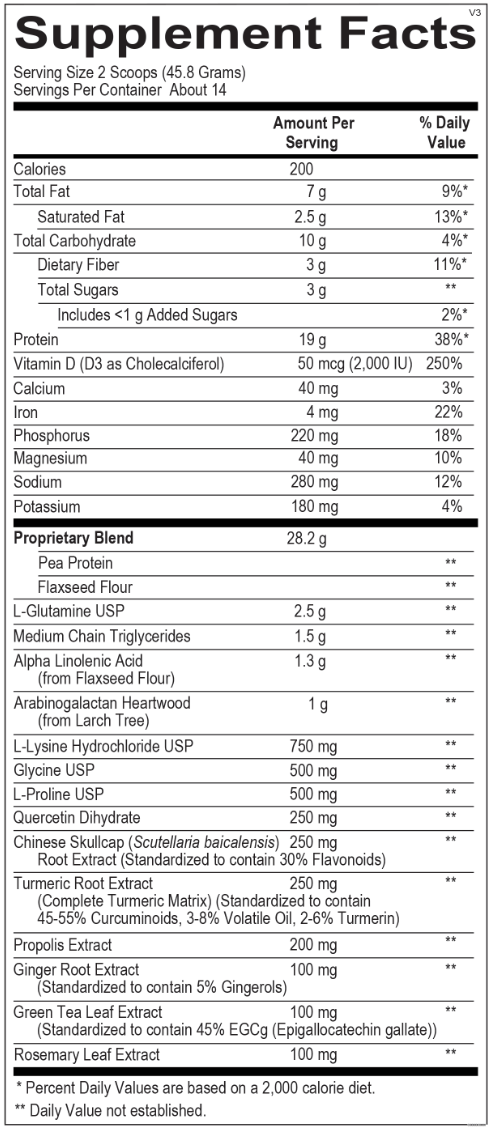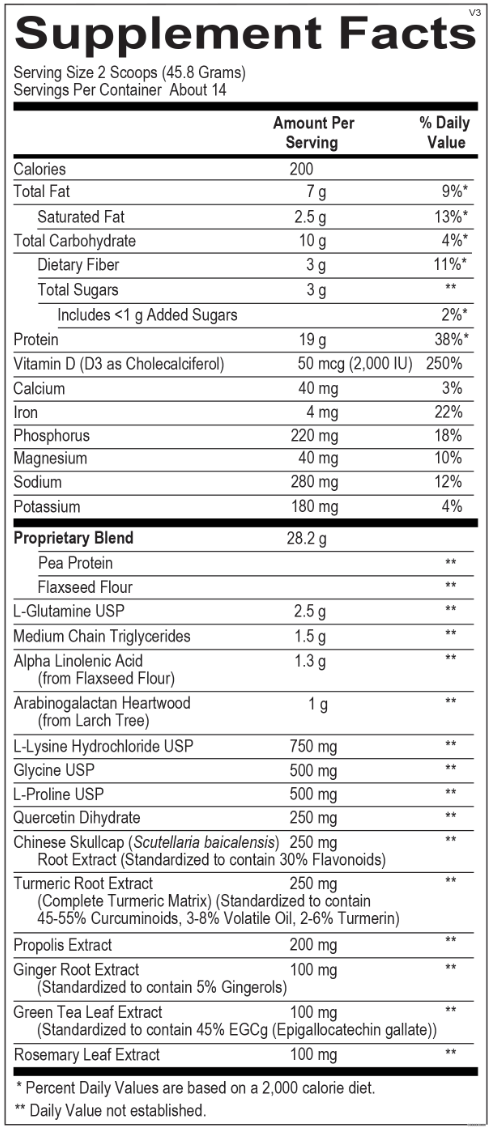
Find Out Long-term Effects of Drugs on Mental Health
Dr Anita NischalTable of Contents
| Did you know that long-term effects of drug abuse can lead to more stress and put a strain on the individual? There is an overwhelming number of long-term physical effects of drug abuse that can easily turn a healthy man or woman into frail darkness of their former self. Persistent use of some drugs can result in both short- and long-term variations in the brain, leading to mental health problems involving paranoia, depression, anxiety, aggression, hallucinations, and other troubles. |
Equated with the overall population, people hooked to drugs are approximately twice as likely to suffer from mood and anxiety disorders, with the opposite also true. In 2015, a projected 43.4 million (17.9 percent) adults aged 18 and older experienced some form of mental illness as the side effects of doing drugs.
What are Drugs & How are They Harmful?
Any substance or medicine that has a physiological effect when injected or otherwise introduced into the body is named a Drug. The side effects of doing drugs affect the way body and mind function, so it can change how one feels, thinks, and behaves. People take drugs for various reasons and in different ways. There are legal and illegal drugs as well.
Drugs such as alcohol, caffeine, and nicotine are legal but may be subject to restrictions depending on various factors like age, location of use, and point of sale regulations. Few other drugs such as cannabis, amphetamines, ecstasy, cocaine, and heroin, are illegal. These drugs are not checked for quality or price controls and the amount of active ingredients varies. Since there are no standard measurements, taking illegal drugs, one can never be sure of how strong the drug is, or what is in it, and the physical effects of drug abuse.
The long-term effects of drug abuse can damage vital organs like the brain, heart, and other important organs. For instance, Cocaine can cause a heart attack — even in a kid or teen. The effects of drugs on the body People can also result in fewer activities in school, sports, and other places. It is also hard to think clearly and make good decisions as the physical effects of drug abuse are very much harmful to an individual.
Why Do People Consume Drugs?
The reasons why people use drugs vary from person to person. Sometimes people trying to fix an issue in their life see drugs as a solution. Young people see drugs as a solution to fit in with their peers. Some individuals see drugs to self-medicate from chronic pain to mental health issues, people use drugs without realizing the effects of drugs on the body.
Long-term Effects of Drugs on Mental Health
There is short-term as well as long-term effects of drug abuse. A few of the most common long-term effects of drug abuse that one should be aware of are depression, early-onset Alzheimer’s, schizophrenia, hallucinating, being paranoid, anxiety, aggression, having stomach issues, and much more. These long-term effects of drug abuse are dangerous to the body and as well as the mind.
Look at the effects of drugs on the body below:
PSYCHOLOGICAL EFFECTS
- Depression-There is a strong link between drug abuse and depression, as well as other mood disorders. This relationship could be credited to prior depression that led to drug abuse or it could be that material that enhances the depressive symptoms.
- Anxiety– The side effects of doing drugs mainly stimulants like cocaine, can cause anxiety as a dose-dependent side effect. Other drugs, like benzodiazepines, can bring about improved anxiety as a component of their withdrawal syndromes.
Also Read: Know Why Should You Shouldn’t Be Taking Stress Otherwise You Might Experience These Problems
- Paranoia– Drugs like cocaine and marijuana, can lead to feelings of paranoia that may increase with long-term abuse. On top of this, people battling with addiction may feel that they should hide or lie about their drug abuse, signifying a fear of being caught.
PHYSICAL IMPACTS
- Impact on Kidneys– The kidney can be harmed both directly and indirectly by drug abuse over a period of many years. The effects of drugs on the body include dehydration, muscle breakdown, and boosted body temperature—all of which add to kidney damage over time.
- Impact on Liver- Liver failure is the major cause of alcoholism, but it also can befall individuals using steroids, inhalants, or DXM regularly over many years. The liver is vital for clearing toxins from the bloodstream, and the side effects of doing drugs can overwork this crucial organ, leading to harm from chronic inflammation, scarring, tissue necrosis, and even cancer.
- Impact on Heart– The physical effects of drug abuse have the possibility to cause cardiovascular problems, which can vary from increased heart rate and blood pressure to abnormal cardiac rhythms and myocardial infarction (i.e., heart attack). The effects of drugs on the body can result in failed veins and bacterial infections in the bloodstream or heart.
- Impact on Lungs-The respiratory system can endure damage linked to smoking or inhaling drugs, such as marijuana and crack cocaine. In addition to this, the physical effects of drug abuse can slow a person’s breathing and can cause serious complications for the user.
-
Impact on Sexual Organs- The drugs usage also affect sexual arousal, pleasure, and desire in women and men. Particularly, drug abuse can lessen vaginal lubrication and the ability to achieve an orgasm in both the genders. STDs after risky behaviors linked with drug use may also lead to erectile dysfunction.
BEHAVIORAL EFFECTS
When drug abuse takes over a person’s life, they may discover themselves doing things they never anticipated and burdened with challenges that can appear, at times, insuperable. The long-term effects of drugs make people lie about their drug use or get particularly defensive when it is brought up. Others may abandon their family and friends in support of using.
In addition to these, anyone who abuses drugs is also likely to incur damage to their lifestyle, personality, relationships, and other aspects of life as well.
How Do Drugs Affect Other Organs of Your Body?
The effects of drugs on the body are as follows:
- Skeletal Organs- Alcohol interferes with the body’s ability to absorb and utilize calcium, which results in weakened skeleton organs like bones, cartilage, tendons, and ligaments.
- Muscular System Organs– Alcohol and drugs can slow muscle movement. Over a prolonged period, skeleton muscle and smooth muscles are affected.
- Circulatory/Cardiovascular System Organs- Alcohol and drugs tax the heart considerably. This can cause several chronic cardiovascular organs like the heart, blood vessels, and blood.
- Nervous System Organs- Alcohol and drugs affect the nervous system and slow the ability to process information and how the body performs its basic functions. Organs affected are the brain, spinal cord, and peripheral nerves.
How to Avoid Using Drugs?
1. Learn to Deal with Life’s Pressures
The main reason that drives people to drugs and alcohol is an inability to deal with normal life pressures. The consumption of drugs and alcohol is a way to escape from the harsh realities of life. The ability to cope with life’s pressures will go a long way when it comes to helping people stay away from drugs and alcohol.
2. Do not Give in to Peer Pressure
Some of the youngsters experiment with drugs just to portray a cool image in front of others. Among the same generation, some kids wrongly believe that doing drugs or consuming alcohol will make them more popular and acceptable to other kids. So avoiding peer pressure prevents drug addiction.
3. Develop Close Family Ties
Research says that having close family bonds helps people prevent drug addiction. Guidance, support, and love of family makes it easier to deal with life pressures and stay away from harmful substances. Also, friendships with responsible and trustworthy friends helps avoid drugs.
4. Develop Healthy Habits
Being healthy and active makes it easier to deal with life stresses. Eating a balanced diet and regular exercises regularly helps prevent drug and alcohol addiction. A healthy diet and regular exercise help feel good chemicals in the brain.
While these are just some of the ideas that can help prevent drug and alcohol addiction, it is important for a person who has already developed an addiction to seek treatment. You can also get involved in some herbal and natural mental health supplements formulated by OjusLife. Alongside, we recommend visiting a Functional Medicine Doctor or a healthy coach to get a snapshot of your internal health. You can enrol yourself in the wellness health program headed by Dr. Anita Nischal via WHPWellness.
Read More: How Combination of Probiotics & Supplements is Helpful in Combating Stress & Anxiety?
The drugs vary in different ways. It can be in a plant form, white or brown powder form, a rock type substance, or a tablet.
No, Drug use does not cause schizophrenia, but it can certainly be a triggering factor. It may trigger psychosis in people who are vulnerable to developing schizophrenia.
Yes, Drug addiction is a mental illness. The reason is drug addiction results in specific brain changes and disrupts a person’s needs and desires.
Drugs can have side effects on vision too. It is noted that most of these effects are temporary but even minor eye conditions such as dryness can affect our quality of life.
Drug or alcohol use affects the way the brain works over the period. Drugs can affect a person’s self-control and ability to make healthy decisions. At the same time, drugs and alcohol cause the brain to have specific cravings, like the need for food every day.












